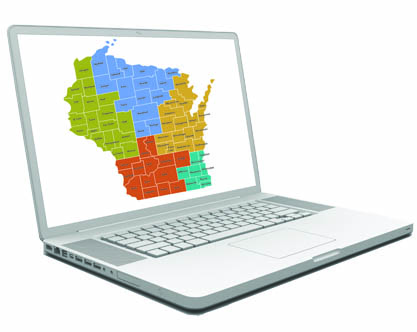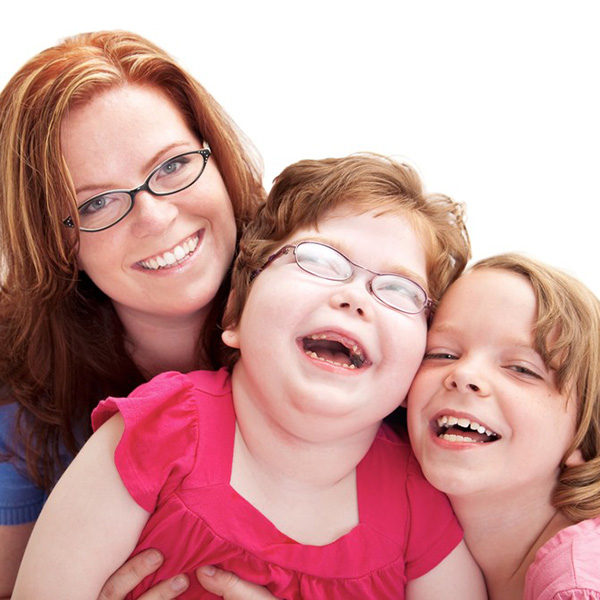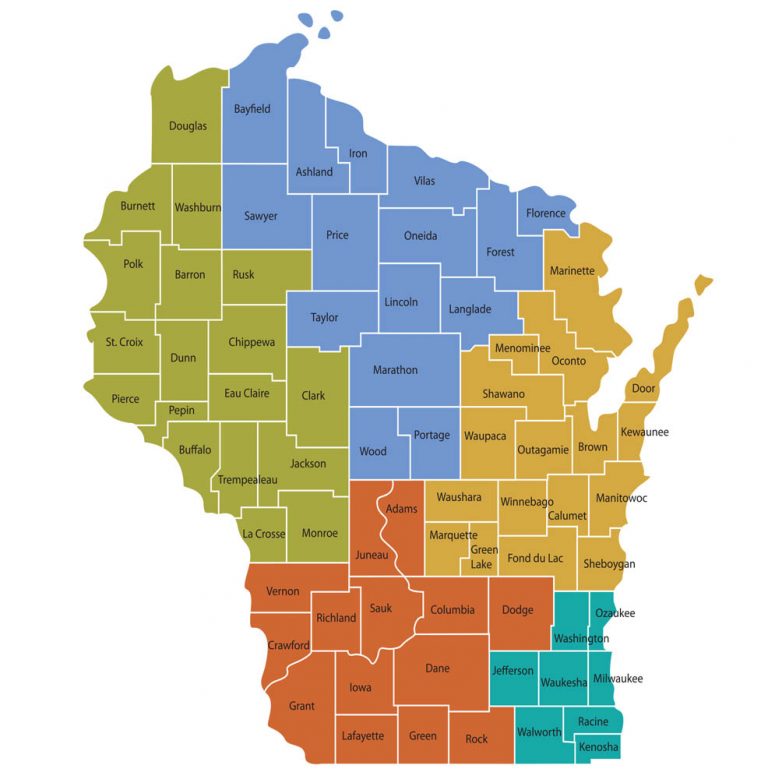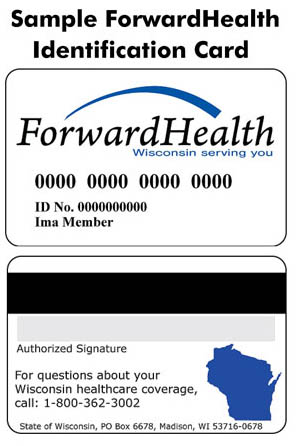Page Navigation
Starting Points | Where to Ask Questions | Eligibility, Enrollment and Entitlement
Starting Points
The journey of having a child with a special health care need begins in many different ways. For some, the journey begins when their child is born, or even before. For others, it begins a bit later, when parents recognize delays in their child’s development, health concerns appear and/or issues arise at school.
Maybe your child already has a diagnosis, or recently you have had a concern about your child’s development or health and want to learn more. Wherever your journey begins, there are many programs described in this Navigation Guide that can assist you in caring for your child with special needs. Think about what you would find most helpful. For some families, access to information and someone who can help them think things through can help. For others it might be talking with another family or group of families with similar experiences. Still others might need help paying for things their child and family needs. The tips below will get you started. While some suggestions may not match your family’s immediate needs, others you may find very useful.


- Begin with the Children’s Resource Center in your area, or the Well Badger Resource Center.
- Remember that you know your child best. If you have concerns about your child’s development, request that their doctor (primary care provider) complete a developmental screening and refer your child for an assessment with Birth to 3 or your local school district.
- Learn more about your child’s condition – there are many resources available.
- Seek a support group, online or in person, or contact
Parent to Parent of Wisconsin so they can connect you with a family who has similar experiences. - Take advantage of the help available from your service coordinator or case manager (if you have one already) to get you connected with resources, services and supports in your community.
- Create a way to organize and keep track of all medical, school and other records and to log all appointments, notes and provider contact information.
- Explore educational opportunities and services:
- Younger than age three: Birth to 3 Early Intervention
- Ages 3 to 21: Public School Special Education services
- Learn about ways to pay for the care your child needs. Find out what your private insurance covers or look into the Wisconsin Medicaid Program, the Children’s Community Options Program (CCOP), or the Children’s Long-Term Support (CLTS) Waiver Program.
- Keep moving forward and remember there are people available to help you
Where to Ask Questions
The Well Badger Resource Center offers health-related information and referral services to individuals, families, and professionals. Services are free, confidential, and available to
anyone in Wisconsin. Well Badger specializes in referrals for children and youth with special health care needs, pregnant and postpartum women, and low-income families.
Well Badger Specialists are available Monday through Friday, 7 AM – 6 PM. To reach them:
- Call: 1-800-642-7837
- Text: 608-360-9328
- Email: help@wellbadger.org
- Facebook Messenger
- Live Chat
- You can also visit the Well Badger Website to search an online directory of thousands of free/low-cost services and programs in Wisconsin.

Aging and Disability Resource Centers (ADRCs) provide support to youth age 17 ½ and older and their family. Each county has an ADRC. An ADRC provides information on programs and long-term care services available in your area, and assists individuals to apply for programs and benefits.
Wisconsin’s five Children’s Resource Centers that support families of children and youth with special health care needs and the providers who serve them. Their services are free and confidential.
Each Resource Center is staffed during business hours by specialists who can help find answers, provide support in family leadership and advocacy, find services and connect you to community resources. Additional information, including links to programs and services, can be found at the Children’s Resource Centers website.
Find your Children’s Resource Center below:
- Children’s Resource Center – Southeast
800-234-5437
Email - Children’s Resource Center – Northeast
877-568-5205
Email
- Children’s Resource Center – South
800-532-3321
Email - Children’s Resource Center – North
866-640-4106
Email
- Children’s Resource Center – West
800-400-3672, option 3
Email
Eligibility, Enrollment and Entitlement

If you are looking for help paying for things your child and family needs, here are two questions to consider:
Are there eligibility and enrollment criteria?
Most programs and services have criteria or guidelines for admitting a child into a program. To enroll in a program, you might have to fill out the right paper work by a certain date. To be eligible for a program, you or your child may need to meet a certain level of disability or financial need.
What is an entitlement?
Some benefits or programs are legally required to provide supports and services to all eligible children. Eligible children are entitled to receive them. The Birth to 3 Program and school special education programs are examples of this type of program.
Other programs, like the Children’s Long-Term Support (CLTS) Waiver Program and the Children’s Community Options Program (CCOP), are not required to serve all eligible children. These programs sometimes do not have enough money. They can have a “wait list” and will serve children once funding becomes available. Even programs that require all eligible children be served sometimes have a delay in services or a limited number of available providers.
Visit the Paying For What You Need section for more information.



